Why does Japan have few trash cans but is still clean everywhere?
People do not hesitate to carry garbage bags dozens of kilometers home or put them in the nearest bin.
Many first-time visitors to Japan often wonder why there are so few trash cans. The main reason stems from a terrorist attack more than 20 years ago. In 1995, the Aum Shinrikyo cult released a nerve gas into the Tokyo subway system, killing 13 people and affecting thousands more. The gas was contained in a sealed plastic bag wrapped in newspaper.
After this terrorist attack, the Japanese government came up with many solutions, including removing public trash cans - places where the perpetrators could store their weapons. Even without trash cans, most of Japan's streets are still very clean. You don't see graffiti on the walls, no one litters or spits gum, even though there are no warning signs. Rocketnews gives the main reasons:
1. Japanese people are responsible for their trash.
 |
After a barbecue on Shiraishi Island, this man took all the trash home. |
In most countries, to prevent littering, the government usually installs many trash cans. When the number of trash cans was reduced for security reasons, the Japanese realized they had to take matters into their own hands. They were willing to take their trash home and deal with the mess they created.
2. Households maintain the area around their homes
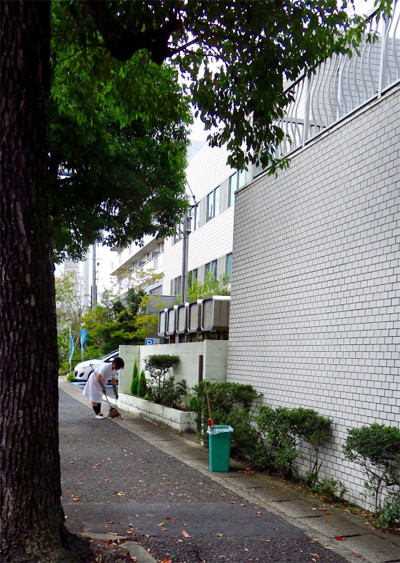 |
A short time spent by each person will help clean the whole neighborhood. |
In the morning, you will see many people sweeping the trash around the buildings. They are not the cleaning staff but the homeowners, office workers, nurses, students...
3. Very detailed regulations on waste classification
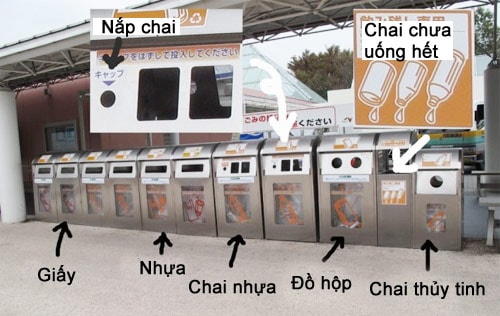 |
Many types of waste can be recycled to serve other needs. |
You don't separate newspapers and magazines, and you don't keep bottles and bottle caps separate? You're not following the rules for sorting garbage in Japan. Thanks to detailed rules, the amount of garbage that has to be disposed of has decreased, and many scrap sources have been utilized.
4. Many people volunteer to clean up the environment
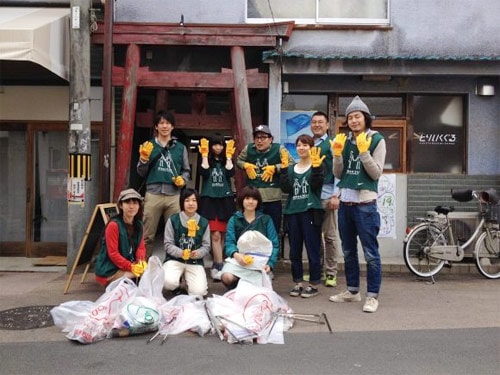 |
Many neighborhoods look old but are free of trash. |
In Japan, there is an organization called Greenbird that operates in many cities, regularly attracting people to join in cleaning up their neighborhoods and bus stations. They not only pick up beer bottles and food wrappers, but also cigarette butts and pieces of paper that are rarely seen.
5. "Immaculate" is the principle
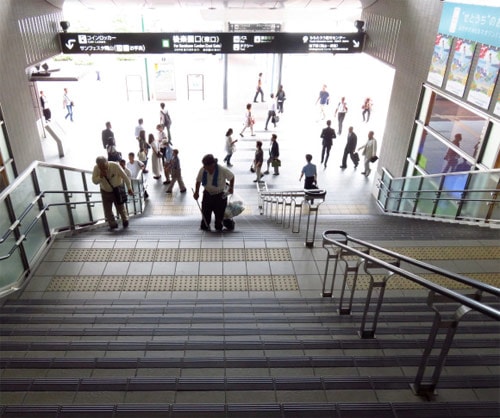 |
Even though the road is clean, there are still regular inspectors. |
On the way, Japanese train platforms have many yellow raised lines to help blind people move easily. You will never see chewing gum or dirt stuck on these lines that are difficult to clean.
6. Vehicles are always washed before use.
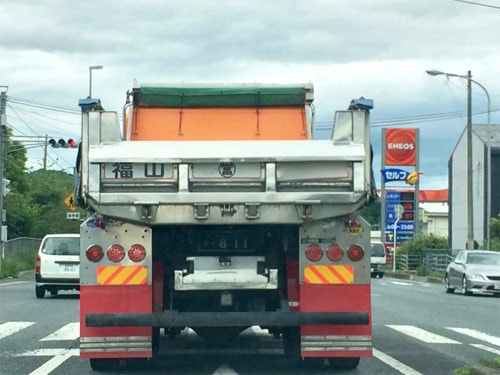 |
Keeping your car clean is every driver's responsibility. |
Homeowners always wash their cars as soon as they see dirt or after driving in the rain. Meanwhile, truck drivers usually wash their cars right after a day's work.
7. Regular general cleaning schedule
 |
Foreigners in Japan are also invited to participate in cleaning up their residences and surrounding parks. |
If you live in Japan, you will be asked to participate in scheduled cleaning activities in your neighborhood. At 7am, you gather with your neighbors to sweep, cut dry branches, weeds, and clean the nearby public toilets (if any).
According to VNE


